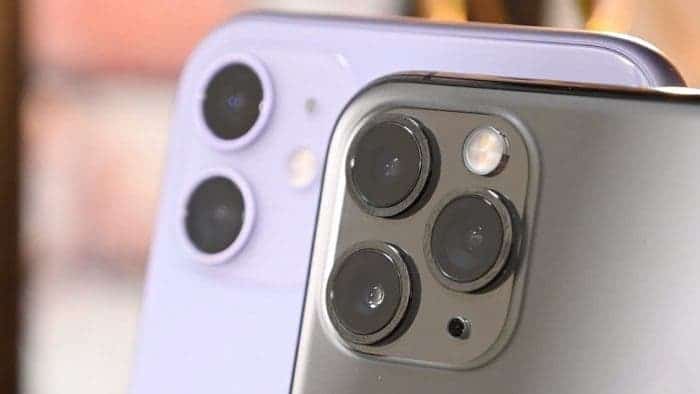Over the past couple of years, manufacturers have been striving to increase the number of megapixels in cameras. Sensors with a resolution of 108 megapixels have become commonplace in devices and last year will be remembered for the announcement of the first 200-megapixel sensor. But unexpectedly, manufacturers slowed down in the megapixel race and many have relied on sensors with a resolution of 50 megapixels. One might think that common sense and rationalism triumphed, but not everything is so simple.
Smartphone camera evolution will slow down in 2022
The well-known network insider Digital Chat Station believes that this is not a matter of prudence. The shortage of components forced manufacturers to proceed from what is, to install those components that are available. The production of 50-megapixel sensors was put on stream and it is not difficult to buy them. Compact 50-megapixel sensors come to the fore, where Samsung ISOCELL JN1 with an optical format 1/2.76ʺ will most likely get the palm.
The lack of components will be the reason that in 2022 we will not see a large number of smartphones with periscope sensors and complex stabilization systems on the market. Manufacturers will have to install only what is freely available, so as not to reduce the rate of production of devices.
Some analysts are pessimistic in their forecasts and say that the components shortage will be overcome only in 2023. Others are sure that the situation will improve in the second half of this year. So, the situation is going to improve in the future months.

Omnivision releases the world’s smallest 0.61-micron pixel 200MP camera
OmniVision Technologies introduced the OVB0B image sensor with a resolution of 200 megapixels (16 384 x 12 288 pixels). According to the manufacturer, this is the smallest sensor of this resolution. Its pixel size is 0.61 microns. With 16-binning binning at 12.5MP resolution, you can get high-quality video and preview images, especially in low light conditions. In addition, the OVB0B is the first 200MP sensor whose entire area is used for phase detection autofocus using QPD (quad phase detection) technology.
Also, the sensor supports video recording at a resolution of 50 megapixels and a frame rate of 24 fps; as well as 8K video at a frame rate of 30 fps. It is possible to shoot video with a resolution of 12.5 megapixels; and a frame rate of 30 fps with an extended dynamic range provided; by using a triple exposure of each frame. The optical format of the sensor is 1 / 1.28 inches. Preview samples of OVB0B are now available.






Cell phone cameras are more terrible the more they "upgrade"